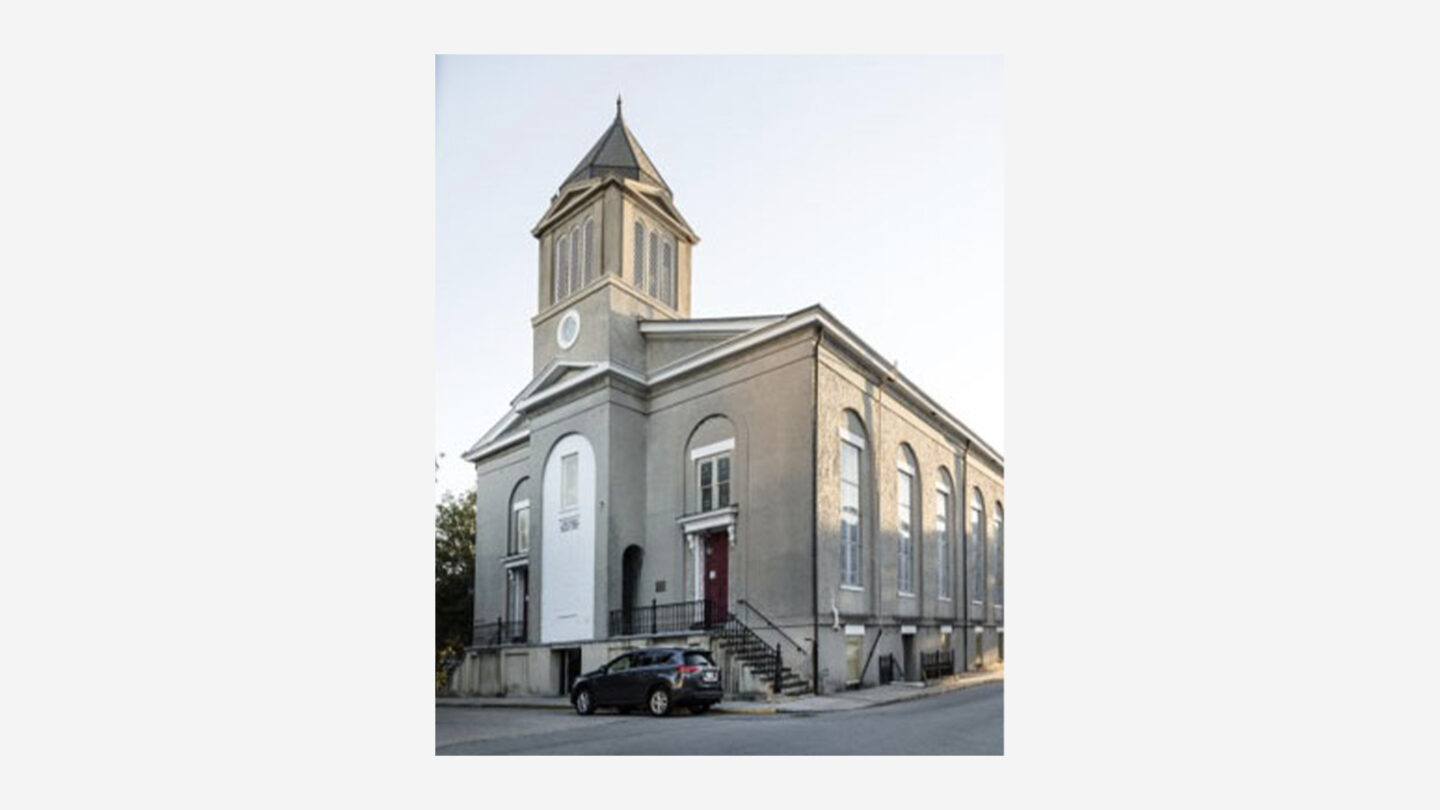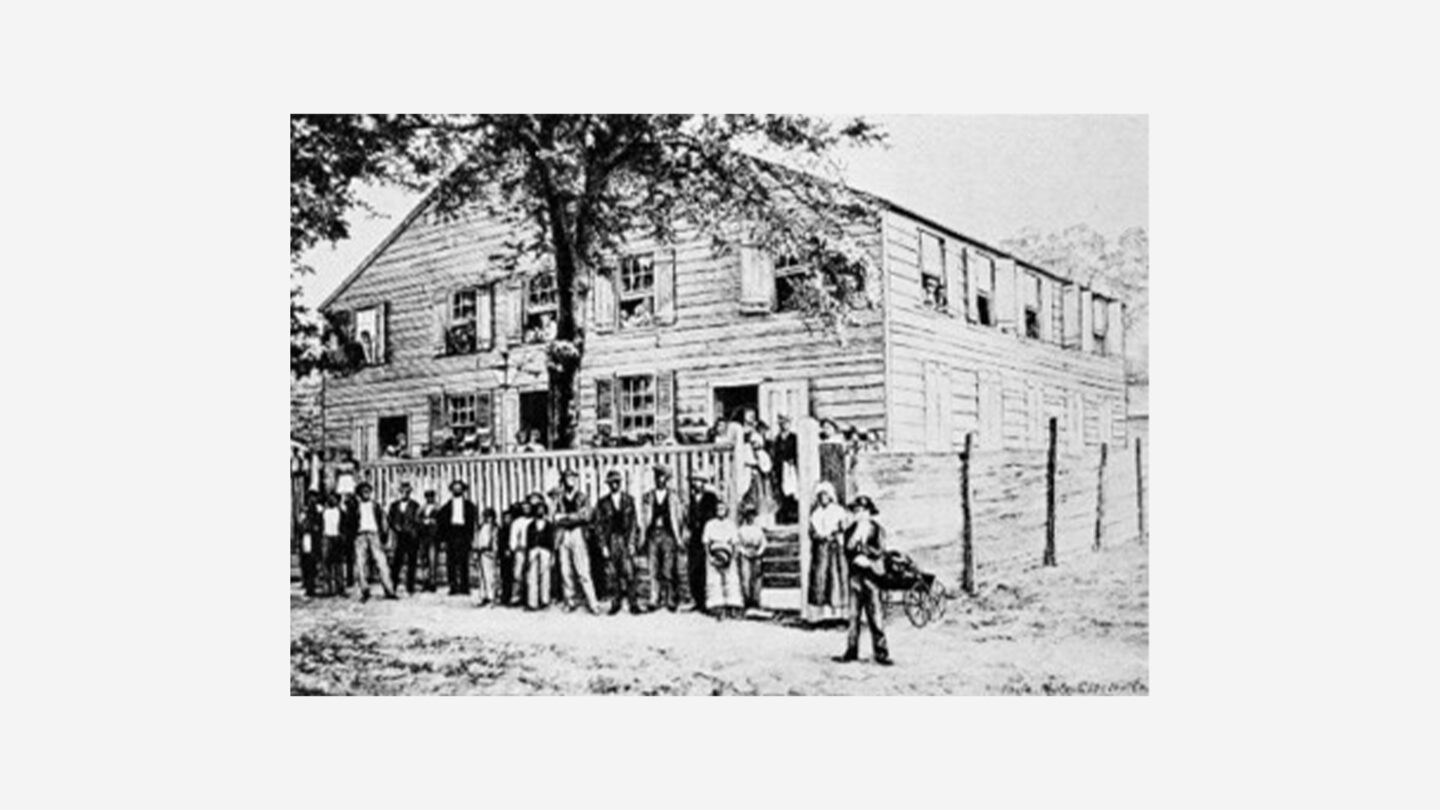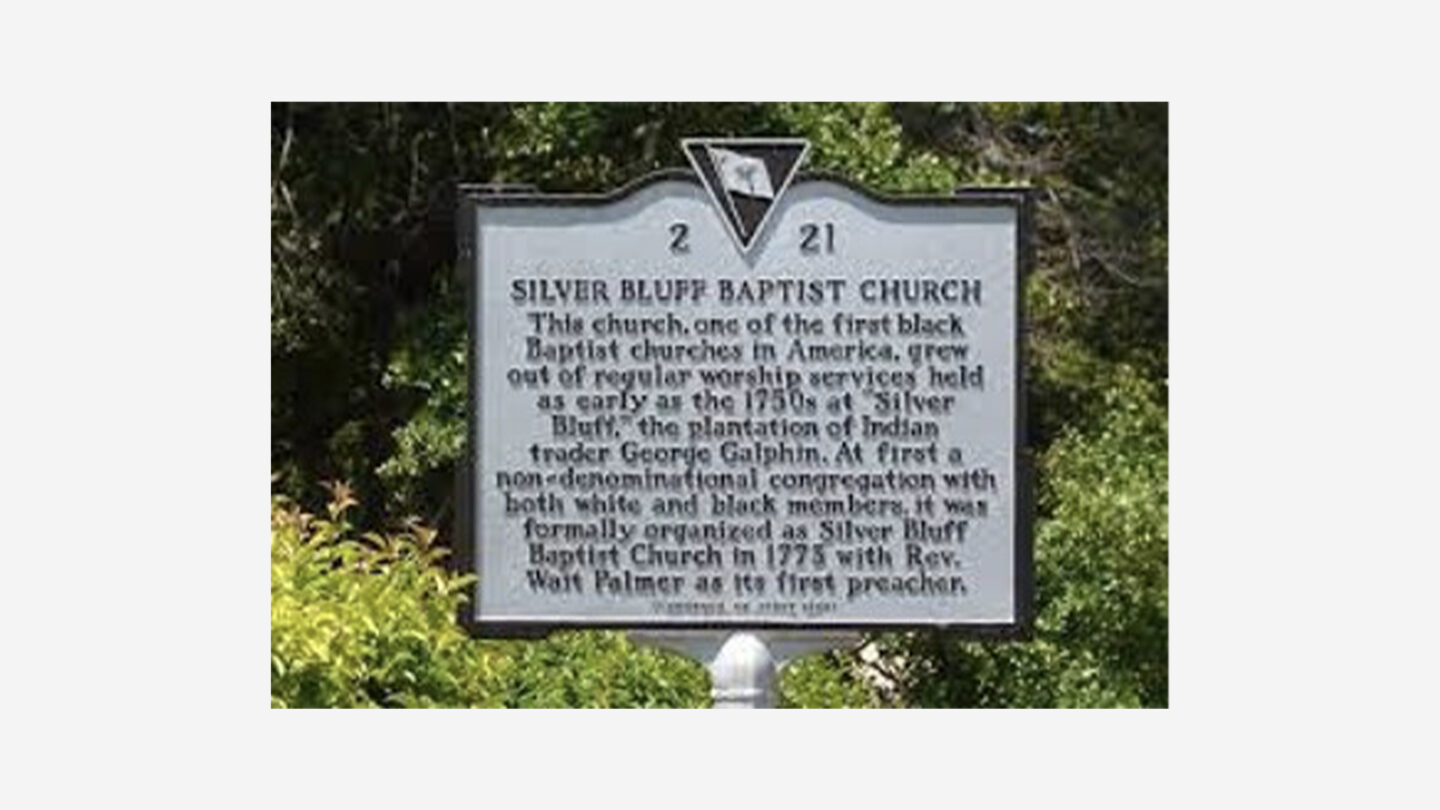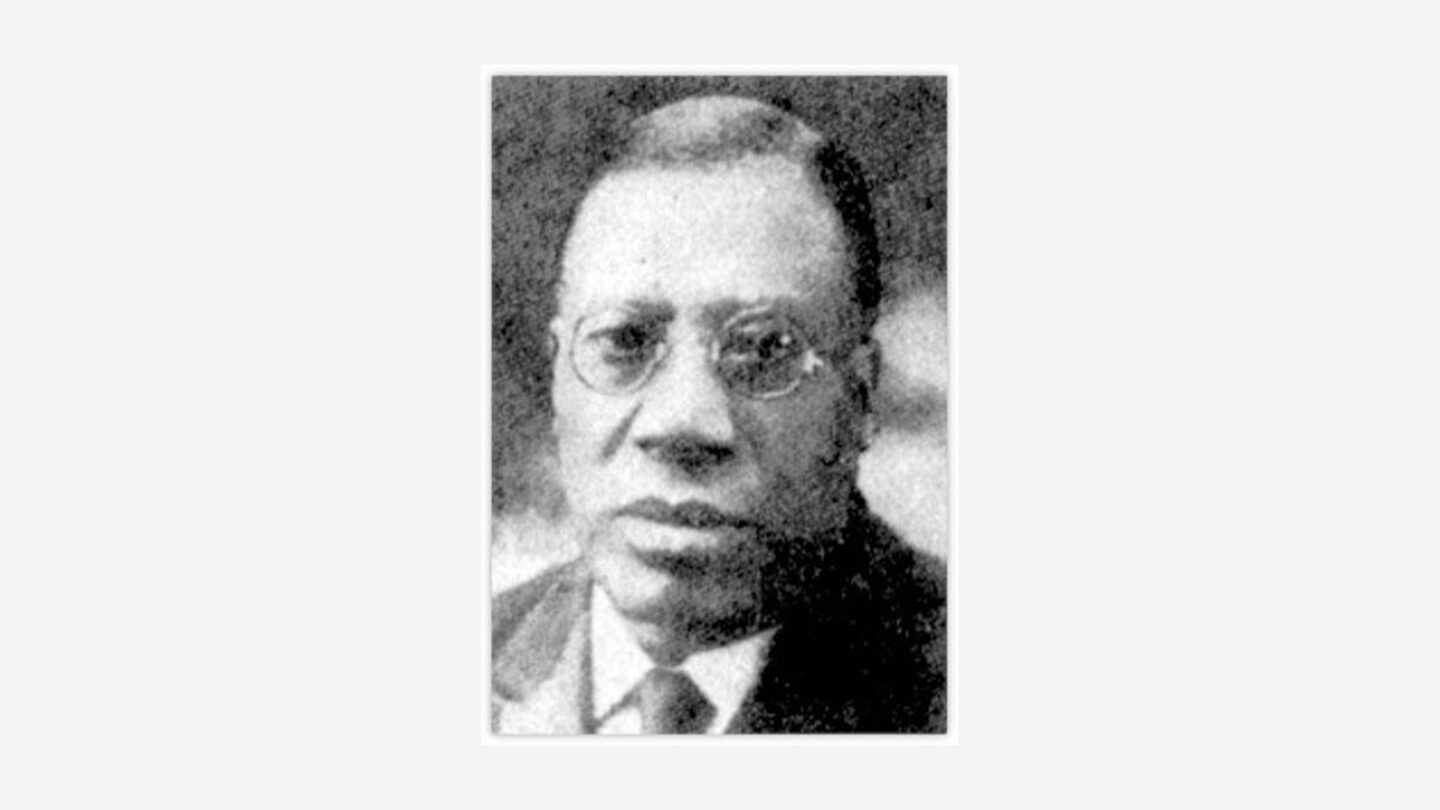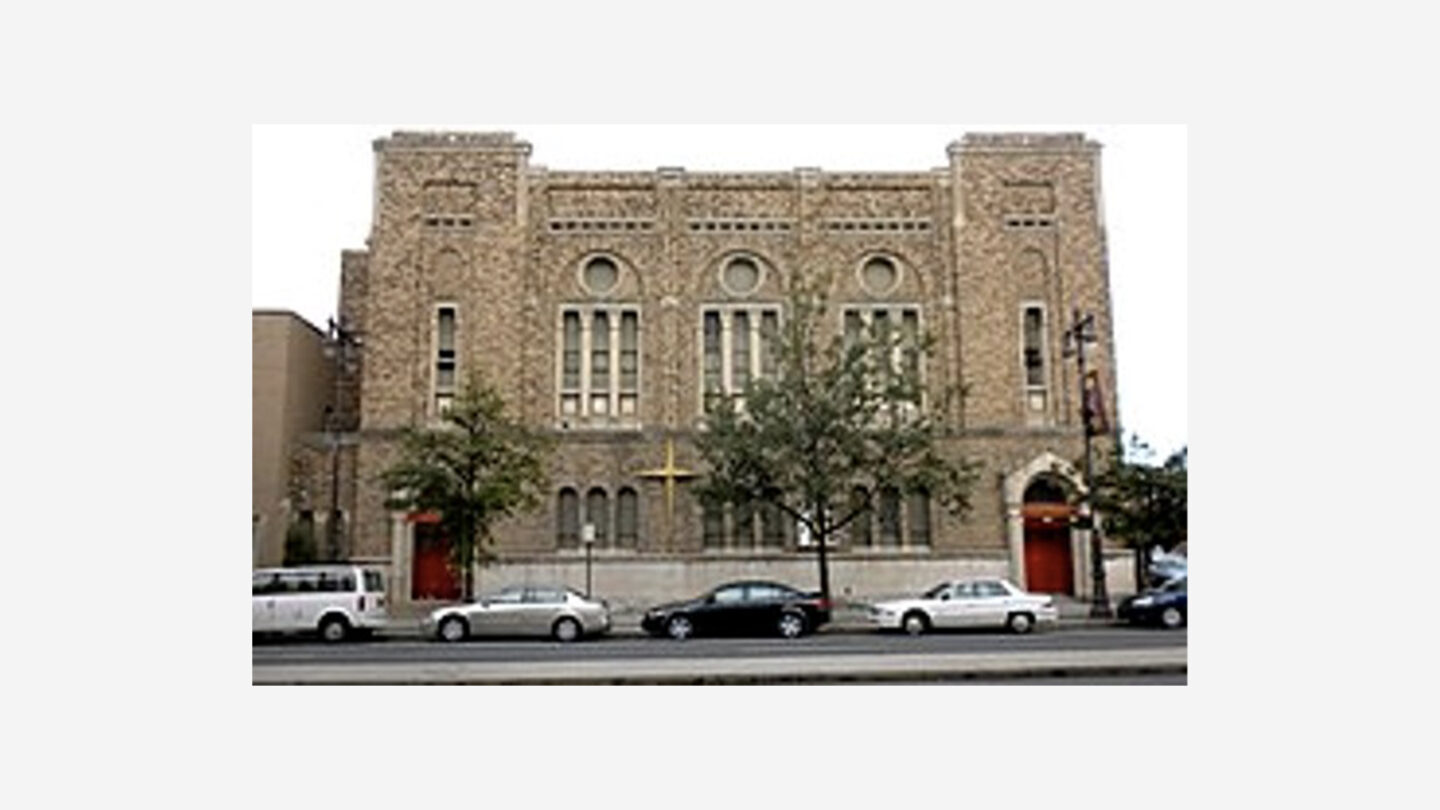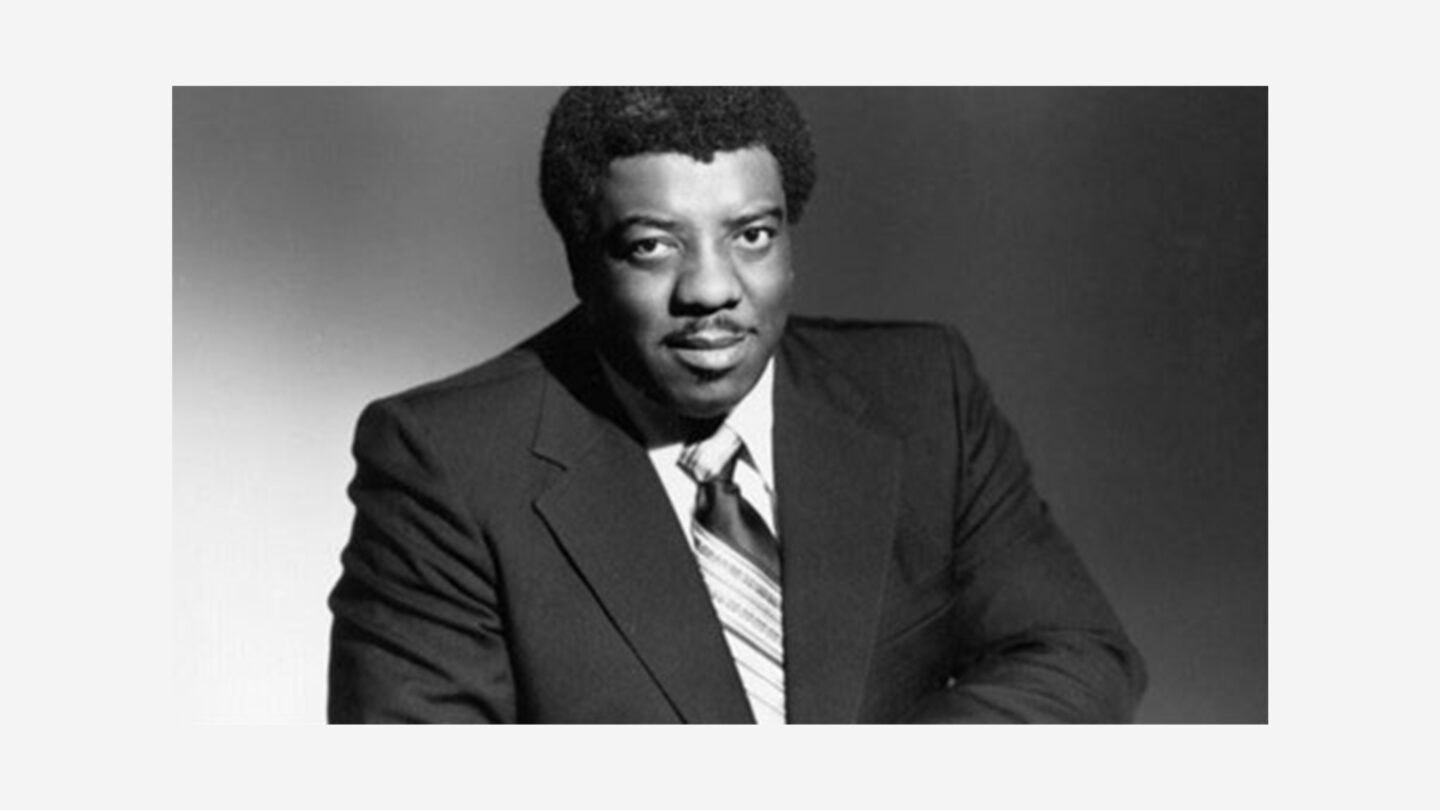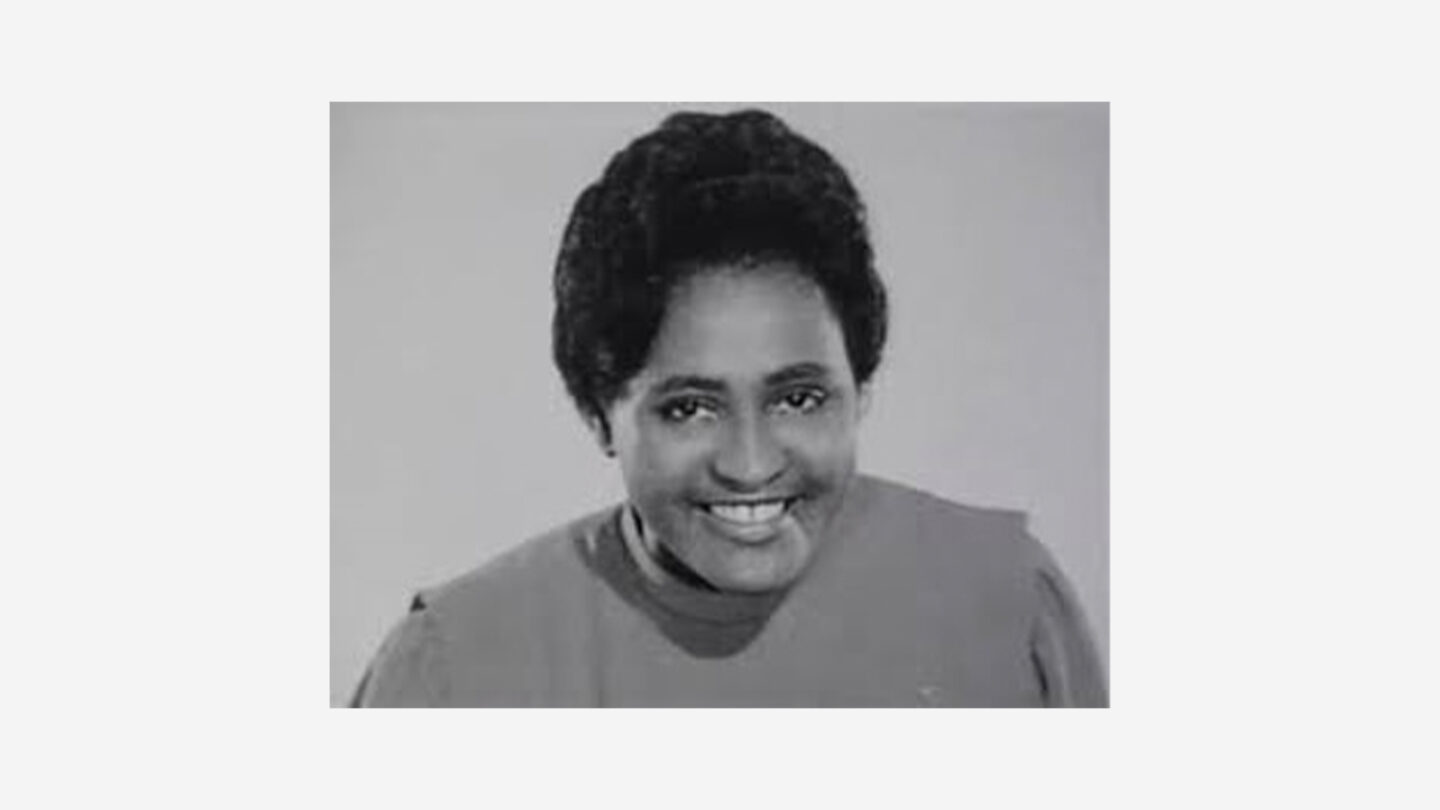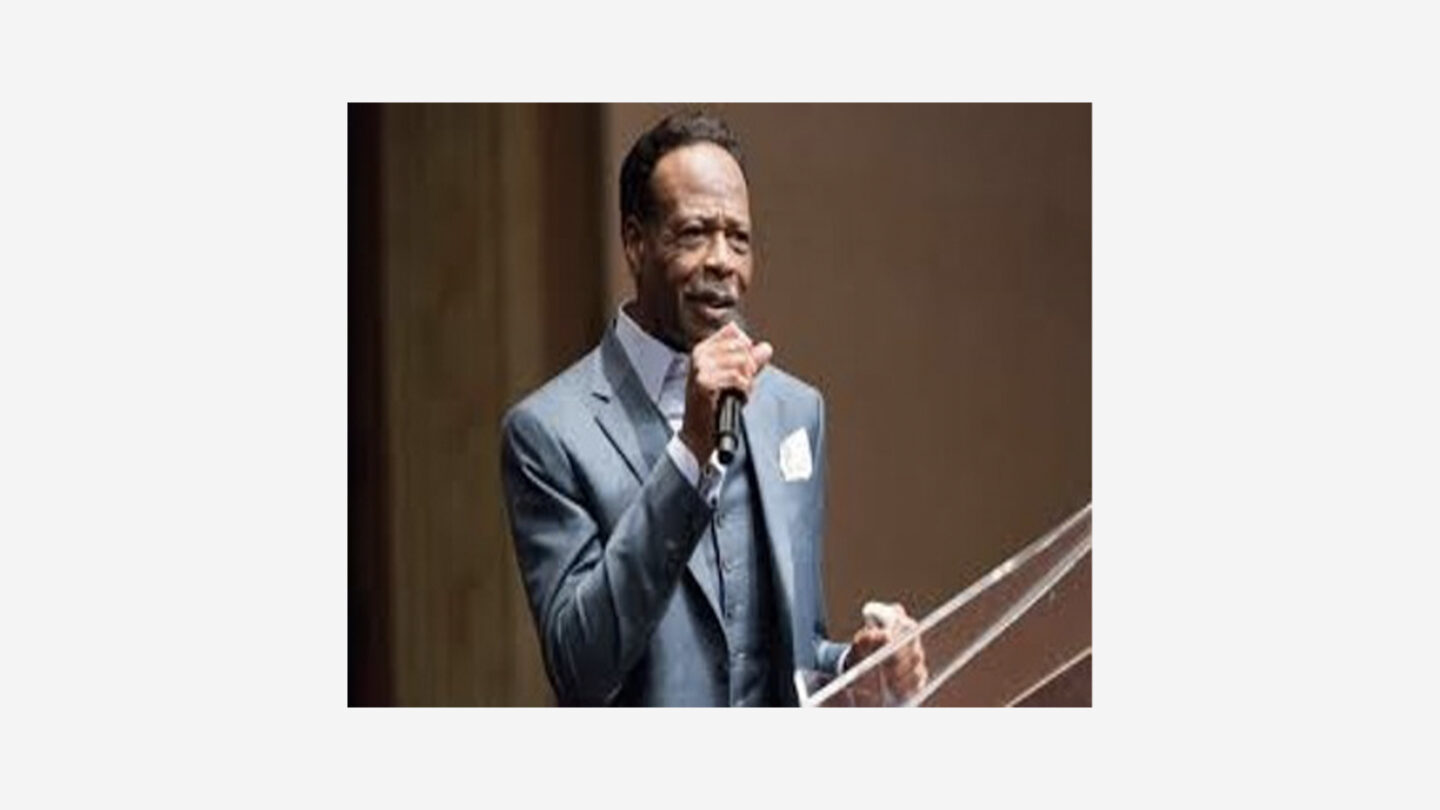Historic Black Georgia/South Carolina Churches.
In the fabric of American history, the First African Baptist Church in Savannah, Georgia, and the Silver Bluff Baptist Church in Beech Island, South Carolina, stand as historical and cultural beacons. Founded in the mid-18th century, these churches represent more than places of worship—they are symbols of resilience and pivotal centers for African American community life. The First African Baptist Church, one of North America's oldest African American Baptist churches, was a crucial site for civil rights strategy and education. Similarly, the Silver Bluff Baptist Church, among the nation's first African American Baptist churches, served as a center for education and community organization, enduring through America's most tumultuous periods, including the Civil War and the Civil Rights Movement.
The Black Church & Music in the South and North.
The Black Church has been a cradle for musical traditions such as Negro Spirituals and the Lined Hymn tradition, embodying hope and resilience. Songs including "O Freedom" and "Swing Low, Sweet Chariot" transcended mere melodies, becoming narratives of the African American experience. The Great Migration (1916-1970), a significant demographic shift of African Americans from the rural South to the urban North, further influenced these traditions. Charles Albert Tindley, an early Black hymn writer and pastor in Philadelphia, played a pivotal role in this period, bridging the southern spirituals with the evolving gospel sound in the North, thus enriching the gospel music genre and extending its influence.
Influential Figures in Gospel Music.
Thomas A. Dorsey and Mahalia Jackson.
Thomas A. Dorsey, known as “The Father of Gospel Music,” turned personal tragedy into creative triumph, blending blues with traditional spirituals to create modern gospel music. His protégé, James Cleveland, known as “The King of Gospel,” expanded gospel's reach, incorporating jazz and blues and influencing artists across genres. Together, Dorsey and Cleveland shaped gospel music, embedding it deeply into the tapestry of American culture.
The Civil Rights Movement & Gospel Music.
During the 1960s Civil Rights Movement, gospel music played a pivotal role, with artists like Dorothy Love Coates using their music and influence to inspire action against oppression. Her songs became anthems of resilience, and her advocacy extended gospel music's role beyond entertainment to being a powerful voice in the fight for civil rights.
Contemporary Gospel Music
Edwin Hawkins, the “Father of Contemporary Gospel Music,” revolutionized the genre with his hit "Oh Happy Day," blending traditional gospel with contemporary elements. His work broadened gospel music's appeal and influenced its modern iterations, making it accessible and relatable to wider audiences.
Atlanta Churches and Their Role in the Movement
In Atlanta, churches like Wheat Street Baptist Church, West Hunter Street Baptist Church, Big Bethel A.M.E Church, and Ebenezer Baptist Church (Dr. Martin Luther King Jr.’s home church) were more than places of worship; they were centers of civil rights activism. These churches played vital roles in community upliftment, civil rights strategizing, and social change, highlighting the significant impact of faith institutions in shaping history and advancing social justice.


